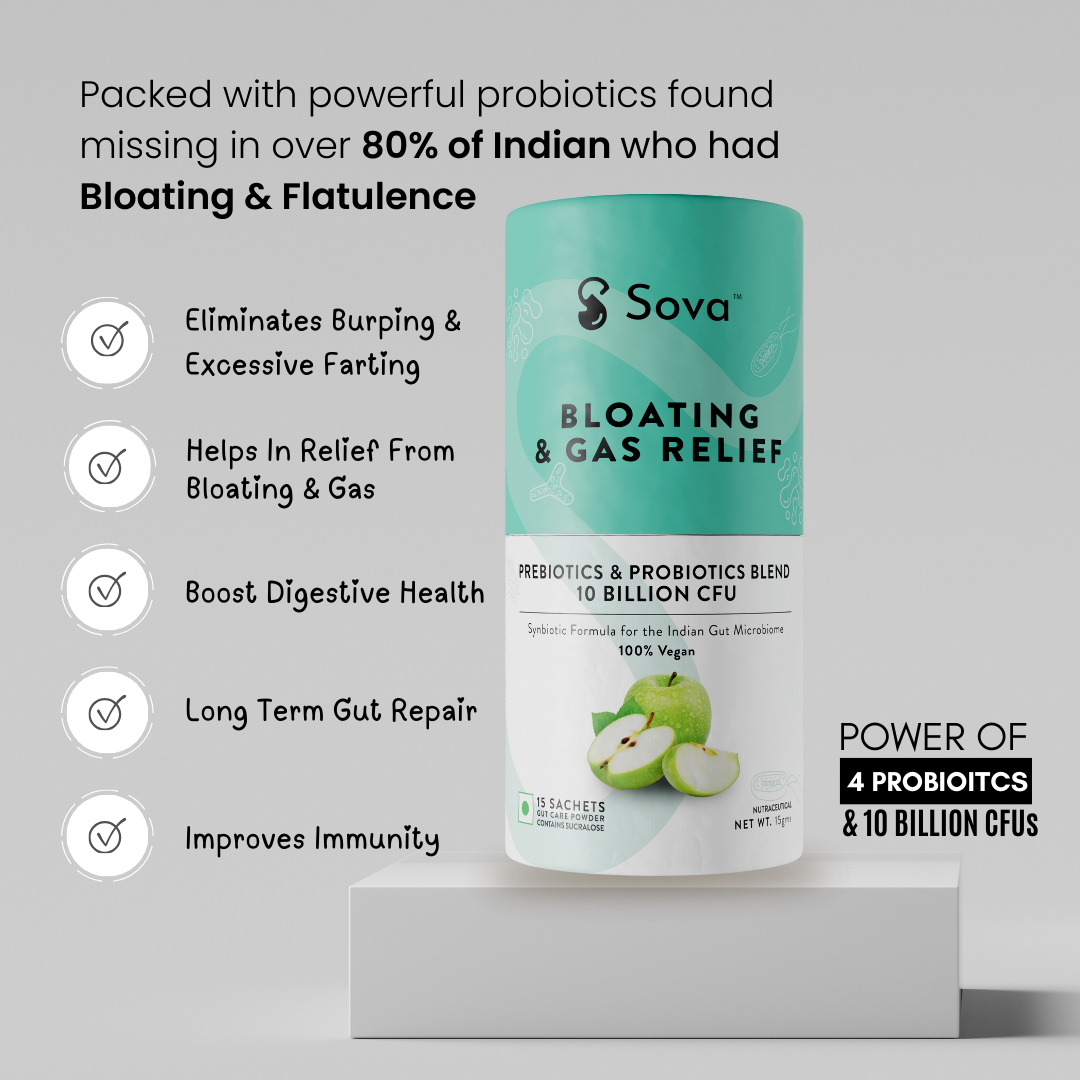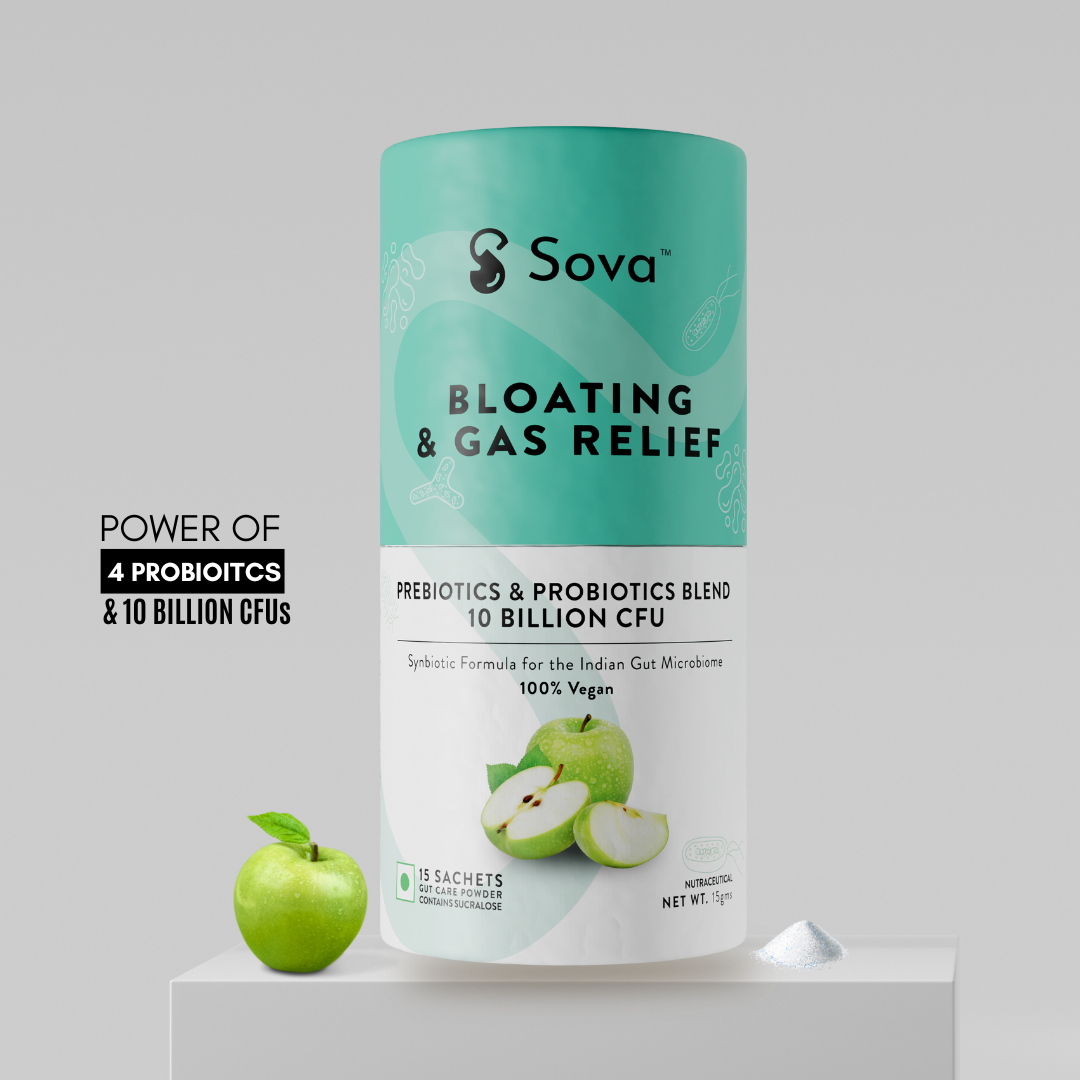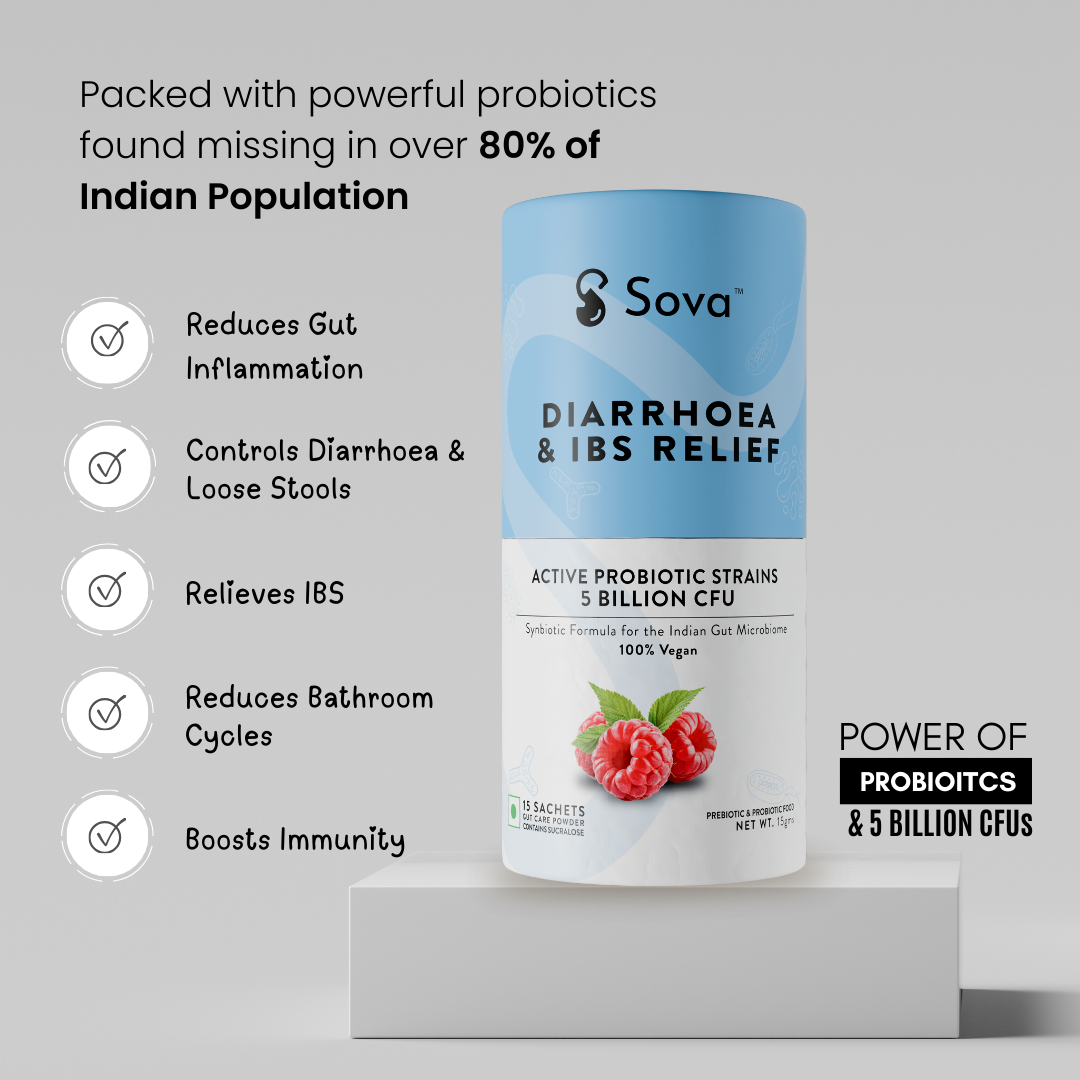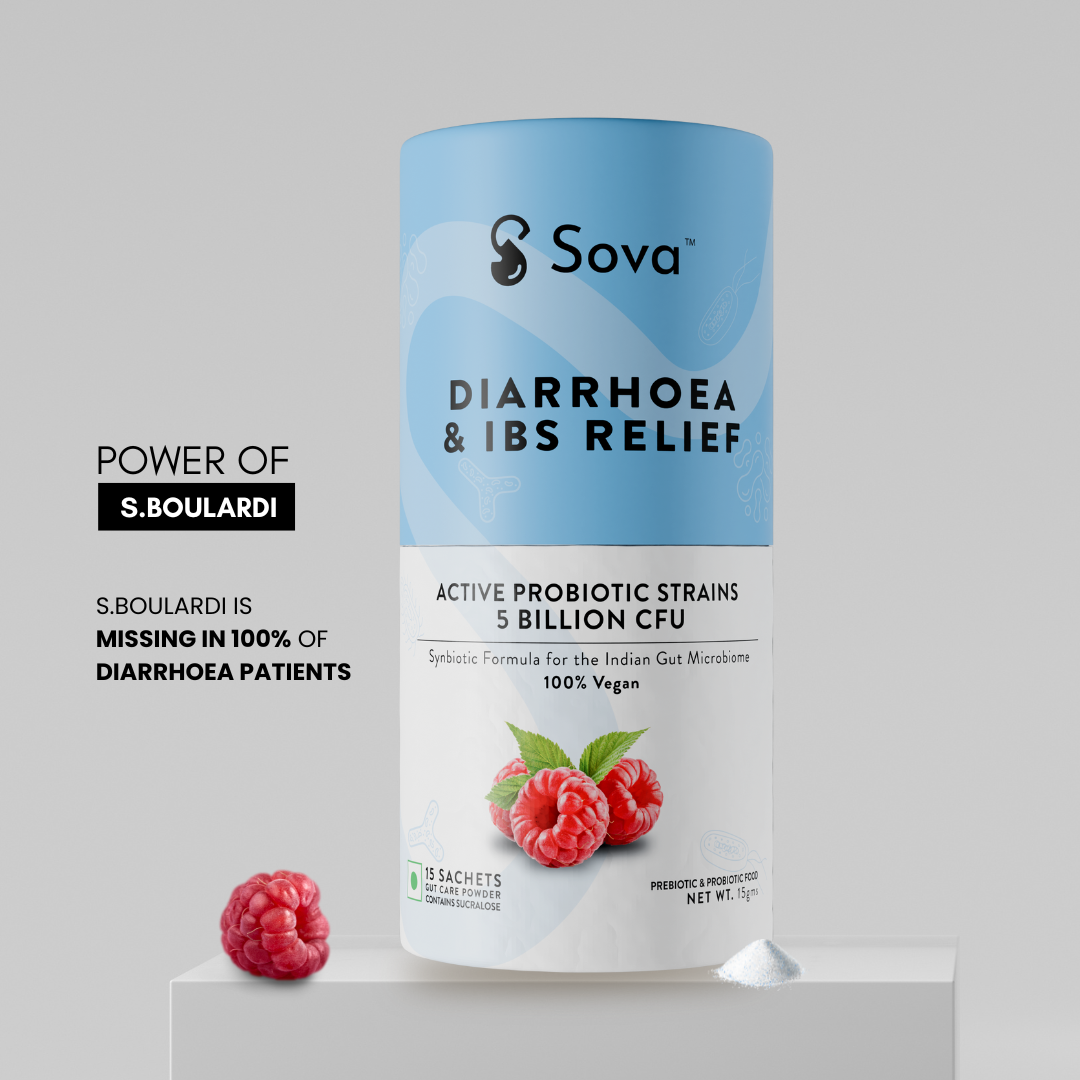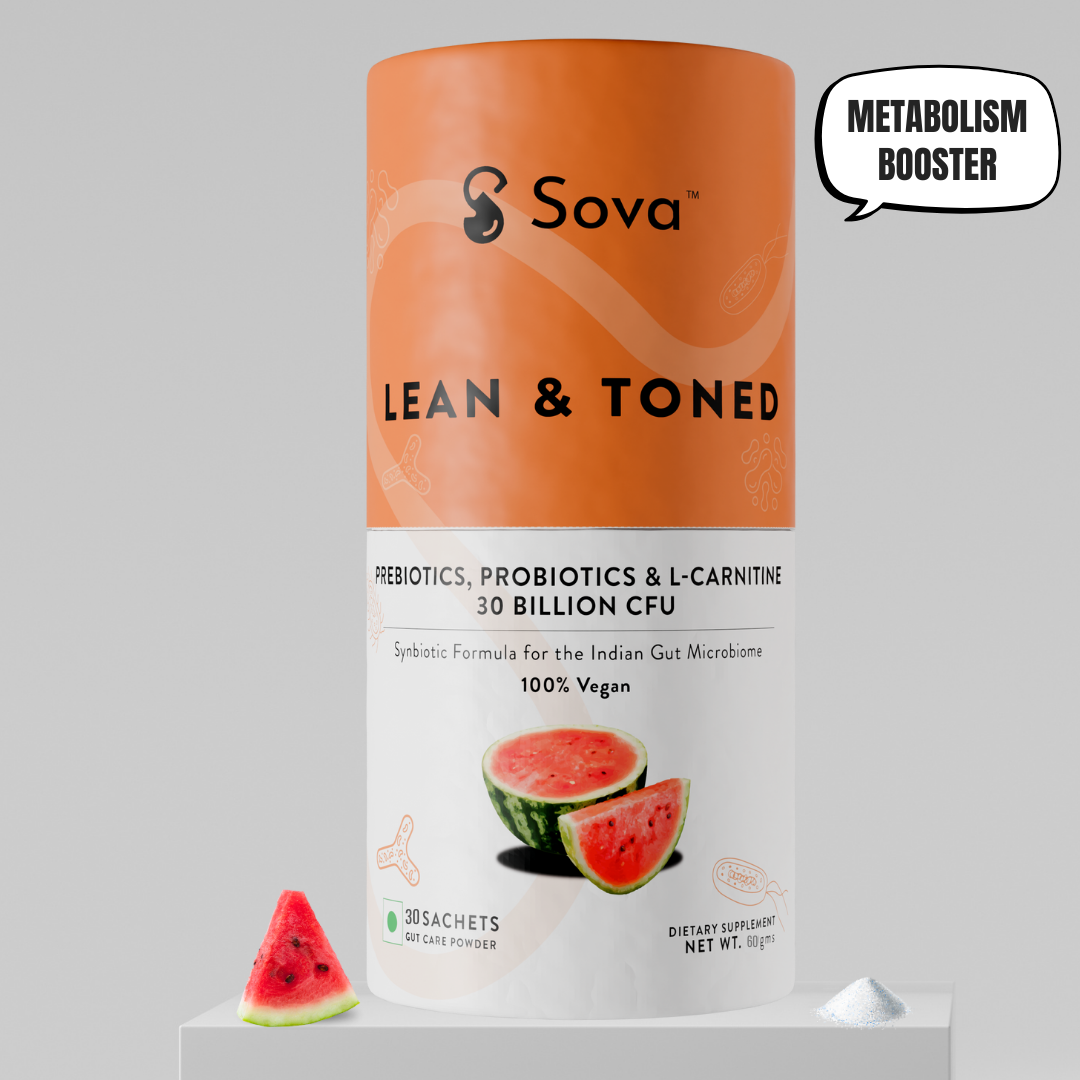Understanding Metabolism: The Fat-Burning Engine
To understand the role of L-carnitine in fat loss, it is essential to understand the basics of metabolism. Metabolism is the total of all the chemical processes occurring within the body to maintain life, including breaking down food molecules to turn them into energy. These processes determine how efficiently your body will burn calories and what kind of fuel it uses.
Essentially, your basic metabolic rate and active metabolic rate are the two primary classifications under the larger section of metabolic rate. BMR represents how many calories your body burns when you are totally at rest, while AMR represents the extra calories spent in performing any form of physical activity. BMR and AMR depend on factors like one's age, gender, amount of muscle mass, etc., and the extent of one's exercise involvement.

Metabolism boosters increase the rate at which the body consumes calories for burning, speeding up fat burning; therefore, if you are looking to lose weight, you will want to increase your metabolism. Among these metabolism boosters are L-carnitine and several other organic matter that could speed up the actual process of losing fat.
What is L-Carnitine?
L-carnitine is a natural amino acid compound used in energy metabolism. Primarily, it's found in foods that are animal-derived, such as red meat, fish, and poultry; and its synthesis occurs in minute quantities within the body through the liver and kidneys. Its primary function is to facilitate the transportation of long-chain fatty acids to the cells' mitochondria, whereby the fats are eventually broken down within the mitochondrion to produce energy.
Because of this mechanism, L-Carnitine is regarded as a powerful supplementation which fosters the loss of body fat especially when it is correctly accompanied with the right diet and workout. It stimulates increased burning of fats, which means that, over time, improved L-carnitine weight loss results may be achieved.
Also Read: 8 Common Causes Of Weight Loss You Need To Know
L-Carnitine and Fat Loss: How It Works
L-carnitine is highly influential in the metabolism of fats, and therefore it is a good tool against more body fats. This is how it works in the process of burning fats:
- Fat Transporter: L-carnitine helps ferry fatty acids into the mitochondria, which are known as the powerhouses of cells. When L-carnitine content is inadequate, this means that fat oxidation shall be less efficient, thus resulting in a slower loss of fats.
- Increases Energy: L-carnitine improves your energy supply because it increases the oxidation of fatty acids. The more energy you have available, the stronger and longer you can exercise when losing calories.
- Reduces Fatigue: Studies have shown L-Carnitine reduces the feeling of fatigue when exercising. This enables you to work harder on the workout exercise thus increasing the fat loss.
- It Helps Preserve Muscle Mass: Probably one of the concerns when losing weight is that the muscle gets eroded while losing fats. L-carnitine spares muscle tissue, so the weight loss consists mainly of fats. This preserves a high metabolic rate because muscle burns more calories than fat.
- It Accelerates Recovery: It delivers faster recovery after the workout because the process of muscle soreness and oxidative stress is reduced, and you'll be able to be consistent with your fitness routine.
L-Carnitine Weight Loss Results: What to Expect
L-carnitine weight loss results would differ based on an individual's dietary patterns, mode of exercise, and genetic composition. However, some studies show that using L-carnitine supplements for an extended period, along with a calorie-restricted diet and regular exercise, helps increase the rate of fat melting.
Several researches are proving that L-carnitine would cause body fats to be reduced, most of them in stubborn areas like around the thighs and the stomach, especially if taken with some type of aerobic exercise. These uses will supposedly cause a loss in stubborn fat areas, such as the abdomen and thighs after several weeks. But remember that L-carnitine is not some magical formulation that does best when used as part of an overall strategy for weight loss.

Best Metabolism Boosters to Mix with L-Carnitine
While L-carnitine is one of the really good supplements for weight loss, the very best metabolism boosters mixed with it are what help kick results into high gear. Some natural ways of supercharging your metabolism are listed below:
- Green Tea Extract: It is one of the richest sources of antioxidants, with compounds containing EGCG, and is undoubtedly one of the strongest natural metabolism enhancers. It improves fat oxidation and also pairs well with L-carnitine to make the loss of fat more efficient.
- Caffeine: This is available in coffee, tea, and a few weight-loss products. It stimulates the activity of the central nervous system, which enhances metabolic rate and increases fat burning. It can be a superior companion to L-Carnitine while exercising.
- Protein-Containing Foods: Protein has a higher thermic effect-that is, it burns off more calories in your body than fats or carbohydrates. High-protein diets might be useful in weight loss and contribute to better preservation of muscle mass when caloric intake is restricted.
- Spice: Capasaicin is the chemical responsible for the fiery taste of chilli peppers. Experts believe that it raises your metabolic rate as it increases the number of calories your body burns. Besides raising your metabolic rate, capsaicin will also reduce your food intake and eat fewer calories.
- Water: Hydration plays a significant role in good metabolism so drink more water. Drinking cold water raises your metabolic rate because your body has to warm up the water to your core temperature before it can metabolize it as energy.
The Best Way to Use L-Carnitine for Maximum Results
While L-Carnitine is excellent by itself, it is even better when part of a multi-lane weight loss program. Here are some ways to maximize fat loss:
- Take L-Carnitine with exercise: Aerobic exercise such as running or bicycling is much more effective than L-Carnitine for fat burning.
- Eat a balanced diet: Take note of whole, unprocessed foods such as lean proteins, vegetables, and healthy fats.
- Be consistent: Supplements such as L-carnitine are best taken when done regularly over time. Try to take it daily to achieve long-term results.
Conclusion:
L-Carnitine is one of the safe and natural supplements to enhance the burning of fats as a source of energy. The supplement along with a healthy diet, regular exercising, and other natural metabolism boosters may get significant weight loss efforts. If you need a reliable boost for your metabolism and weight loss, then L-Carnitine is perfect for you.
For more information on healthy metabolism and how to lose fat efficiently, visit Sova Health.

